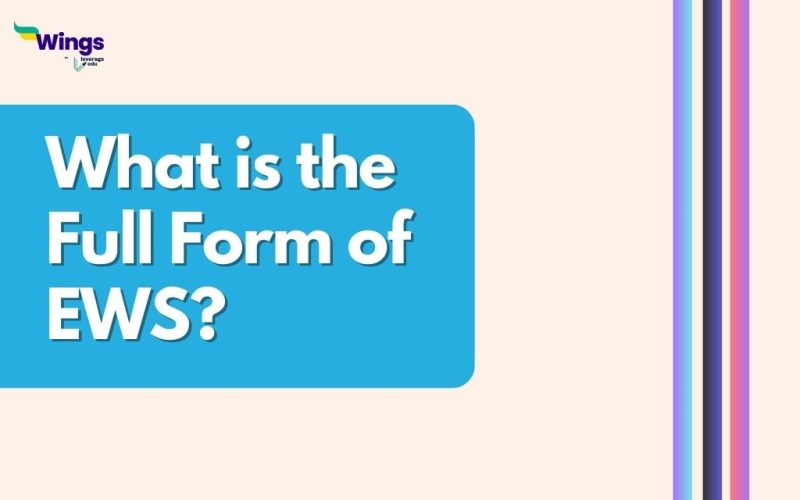The full form of EWS is “Economically Weaker Section,” EWS refers to a crucial socio-economic category that has been introduced to address the needs of the economically disadvantaged in India. The EWS category was formally recognized in January 2019 when the Indian government introduced the 103rd Constitutional Amendment Act. This landmark amendment enabled the provision of reservations in education and public employment for individuals falling under the EWS category. The primary objective of this initiative was to ensure inclusivity and equal opportunities for all, regardless of their financial background.
About EWS Category
The introduction of the EWS category was met with mixed reactions. While many appreciated the government’s effort to uplift the economically vulnerable, some raised concerns about the availability of adequate resources and infrastructure to accommodate the increased number of beneficiaries. However, the move was a significant step towards a more inclusive society, aiming to bridge the gap between the privileged and the underprivileged.
One of the most prominent areas where the EWS reservation has shown its impact is the education sector. With reserved seats in educational institutions, students from economically weaker backgrounds can now aspire to pursue higher education without the burden of exorbitant fees. This has opened doors for many bright minds that were previously held back due to financial constraints.
EWS is a crucial social initiative that strives to uplift and empower those who have long faced financial hardships. By providing opportunities for education and public employment, the EWS category is a significant stride toward building a more equitable and just society. It is a testament to India’s commitment to promoting an environment where everyone, regardless of their economic background, can dream big and reach their full potential.
Requirements for Application to EWS
To qualify under the EWS category, an individual’s family income and property ownership are the key determinants. Families with an annual income below a specified threshold and limited land or residential property are eligible to claim benefits under the EWS reservation scheme. The reservation is set at 10% for educational institutions and public employment, adding to the existing reservation quotas for Scheduled Castes (SC), Scheduled Tribes (ST), and Other Backward Classes (OBC).
You may also read
Popular Full Forms
We hope this blog has helped you understand the full form of EWS and everything related to it. If you want to know more, find the 300+ full forms list on our blog. In the world of short forms, you can rely on the Leverage edu page to know about more full forms like this! Connect with us study abroad experts to achieve your international dream today!
 One app for all your study abroad needs
One app for all your study abroad needs













